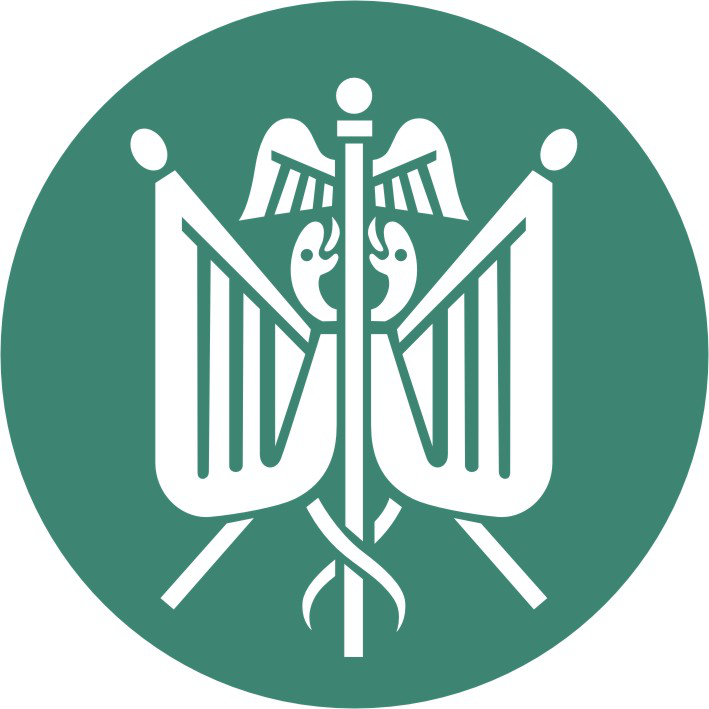COURSE SYLLABUS I. Description Sociology Szociológia (mérnök BSc) Instructor Entry requirements
Mandatory/recommended preliminary courses
Description This course will give you an introduction to sociology by discussing a subject that concerns all of us: the global financial crisis and the ensuing Great Recession (or Slump) whose dire consequences continue to affect the world economy to this day. The objective is to equip you with the tools required to make sense of this crisis in its complexity. You are already familiar with much of the outcomes of the crisis, and by exposing the interconnections between its triggers and our daily lives you will learn some key sociological concepts and some major schools of thought as a byproduct. A further consideration, specific to engineering and economics students is that a sociological study of the Great Recession provides valuable insights into the social determinants of innovations―especially in technology and finance. Learning about these issues will also help you develop a basic understanding of late capitalism. You will find that subjects in sociology like power, cultural values, violence, symbolic goods, collective action, etc. touch upon things that profoundly impact our lives without us being aware of their implications. The craft of sociology is to depart from conventional notions by asking hard questions about these things using the methods of rational inquiry. Budapest University of Technology and Economics
Budapest University of Technology and Economics
Faculty of Economic and Social Sciences
Department of Sociology and Communication
Neptun code
Academic year
C/E
Assessment
Contact hours (th/pr)
Credit
Language
Semester
BMEGT43A002-Eras1
2018/19 EC intra-term grading 2/0 2 English Spring  Zoltán Lakatos, assistant professor
Zoltán Lakatos, assistant professor
This email address is being protected from spambots. You need JavaScript enabled to view it.
Depart. of Sociology and Communication
-
-
Topics
| Tuesday 12:15-13:45 | Weekly Topics |
| 2019.02.05 | Introduction: Why study sociology? Case study for the semester: The Global Financial Crisis of 2008 and The Great Recession of Our Days |
| 2019.02.12 | Case study continued + video material (subject to room capabilities) Recommended documentary: “Inside Job” (2010) by Ferguson, Charles H. (director). Sony Pictures Classic |
| 2019.02.19 | Economic Sociology I. |
| 2019.02.26 | Economic Sociology II. |
| 2019.03.05 | Symbolic Goods I. On The Origins of Commercial Branding |
| 2019.03.12 | Symbolic Goods II. An Economic Perspective |
| 2019.03.19 School Holiday | Symbolic Goods III. |
| 2019.03.26 | Midterm test |
| 2019.04.02 | Theoretical Focus, Part I: Culture |
| 2019.04.09 | Theoretical Focus, Part II: Social Facts Defined |
| 2019.04.16 | Theoretical Focus, Part II: Social Facts Defined (continued) |
| 2019.04.23 | Theoretical Focus, Part III: The Rules of Sociological Inquiry |
| 2019.04.30 | Growth Imperatives: Technological Innovation |
| 2019.05.07 | End-of-term test |
| 2019.05.14 |
Readings
Teaching method
theory
Requirements
Re-sit possibilities
Make-up/retake test. You may make up for/retake any or both of the two tests.
Consultation
E.709 Thursday 14:00-15:00; 20:15-21:15 (appointment by email)
Course requirements
You are required to attend a minimum of 8 classes, including the mid- and end-of-term tests, but excluding the make-up/retake tests. I take attendance checks at the beginning of every class, and a register including regular updates will be made available at the intranet site. You will lose your credits if your absences exceed 4. Excused absences include medical emergencies and conference talks, with proper documentation.
Evaluation criteria
The average score of your two tests (90 minutes each) should be 18 or above (i.e., grade D (2) orbetter) in order to earn the credits for this course. You may make up for or retake any of these atthe end of the term. If you have missed a test, the make-up session will be mandatory in order notto lose your credits. You may also retake any of the two tests if you want to just improve yourgrade. Both tests will comprise 5 questions, the first three for 5 points each, and the remaining twofor 10 points each, adding up to a total of 35 points (see grading below). The tests will be nonstandardized,consisting of essay questions only. The questions will touch upon the topics coveredin the readings and the lectures. Some may pertain to subjects not included in the readings butdiscussed in class or vice versa. Your final grade will be the average of the grades from the twotests.
Evaluation
| 34-35 | Excellent [A] |
| 31-33 | Very Good [B] |
| 27-30 | Good [C] |
| 23-26 | Satisfactory [D] |
| 18-22 | Pass [E] |
| 0-17 | Fail [F] |
Student work required for the completion of
the course Course supervisor Contact hour 50% Preparation for classes 10% Preparation for test 40% Sum 100%
név
beosztás
tanszék
Szakadát István egyetemi docens
BME Szociológia és Kommunikáció Tanszék